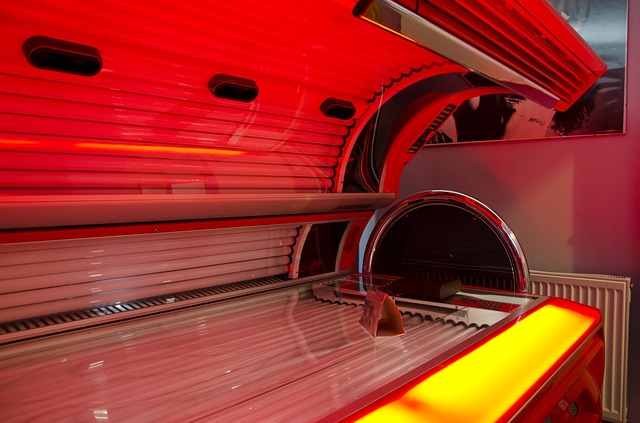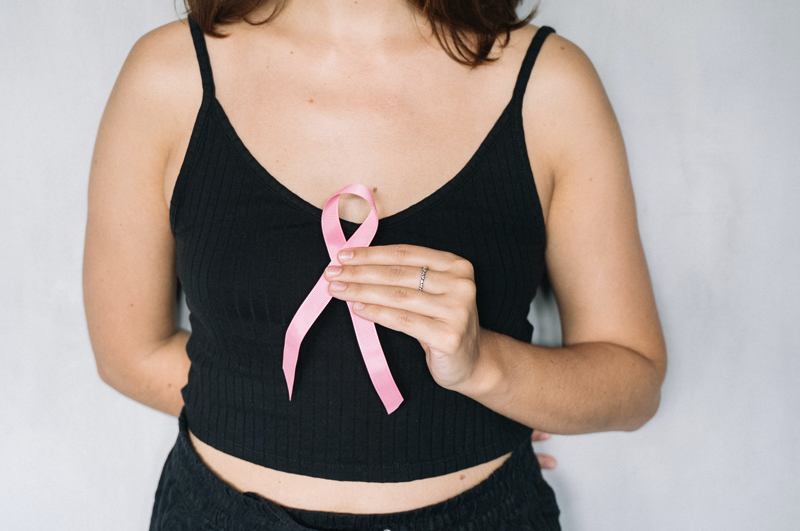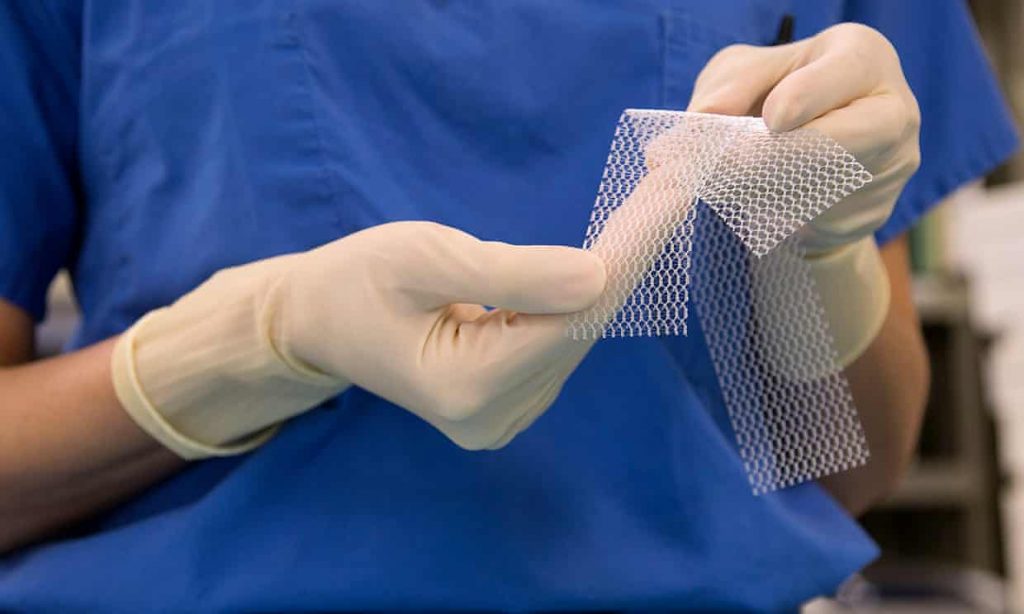Using a sunbed is often seen as a fast and convenient way to get a natural tan , without having to wait for the great British Summer , or go to the expense of traveling overseas.
With the current Pandemic and the associated travel ban there is a real worry that more people will revert to tanning salons, but it is important to remember that using a sunbed comes with all of the inherent risks of prolonged exposure to the Sun`s UV rays. In many cases the radiation that is produced is stronger than the midday sun in the Tropics.
How many times have you heard that using a sunbed is a safe way of obtaining a natural tan, this myth is thankfully being dispelled . Unfortunately, too slowly. Not only can they cause your skin to age prematurely, become coarse and leathery they can also damage your eyes causing problems such as cataracts and conjunctivitis, especially if goggles are not worn.
The dangers are real and the NHS has warned that using sunbeds increases the risk of contracting skin cancer, both malignant melanoma and non-melanoma. The risks are greater for young people which is why it is now illegal for people under the age of 18 to use sunbeds.
People who are frequently exposed to UV rays before the age of 25 are at a greater risk of developing skin cancer in later life just as sunburn in childhood can greatly increase the risk of developing skin cancer later in life.
The World Heath Organisation (WHO) classifies sunbeds as being as dangerous as smoking in terms of their likeliness to cause cancer. Worryingly a study commissioned by the International Agency for Research on Cancer ( IARC ) found that using sunbeds can for many be an addictive experience in the same way that people can become addicted to alcohol , smoking or drugs .This makes for depressive reading when in the UK melanoma is the most common form of cancer amongst young women in their 20`s.
The Sunbeds Regulation Act 2010, makes it an offence for someone operating a sunbed business to permit under 18`s to use a sunbed at a business premises , including beauty salons, leisure centres, gyms and hotels; be offered the use of a sunbed at the business premises and it even goes as far as to prevent an under 18 year old to be allowed in an area reserved for sunbed users ( unless they are working as an employee of the business )
The GOV.UK website has further details about the Sunbeds (Regulation) Act 2010
It is a common misconception that if you suffer burns from a sunbed it is your own fault, you chose to go on them however there is a legal duty of care towards you from the operators.
If you decide to use a sunbed, the operator should advise you about your skin type and how long you should limit your session to. If it is your first time, they should ask you to fill out a medical form to determine whether you have any existing medical conditions that could lead to an adverse reaction. Instruction should be given on how to use the sunbed as how they work can vary from brand to brand, so the operator has a duty to make sure you are familiar with their particular model.
Younger clients should be ID checked to make sure they are over the age of 18.
There is a duty to make sure the beds are properly maintained and the correct bulbs are used. The beds should be tested regularly to ensure they are in safe working order.
There are cases where Claimants have brought claims against tanning salons for failing in their duty of care towards them resulting in horrific burns, blisters and permanent scarring. Usually, these types of cases are when employees have not received the correct training in order to give the correct advice to the user.
If you feel you have been let down by a salon and wish to explore your options please contact us .
Just because we cant travel for the foreseeable don’t head for the tanning salon head for the self-tanning products. This is now a multi- million pound market for good reason. Embrace the fake tan era.




